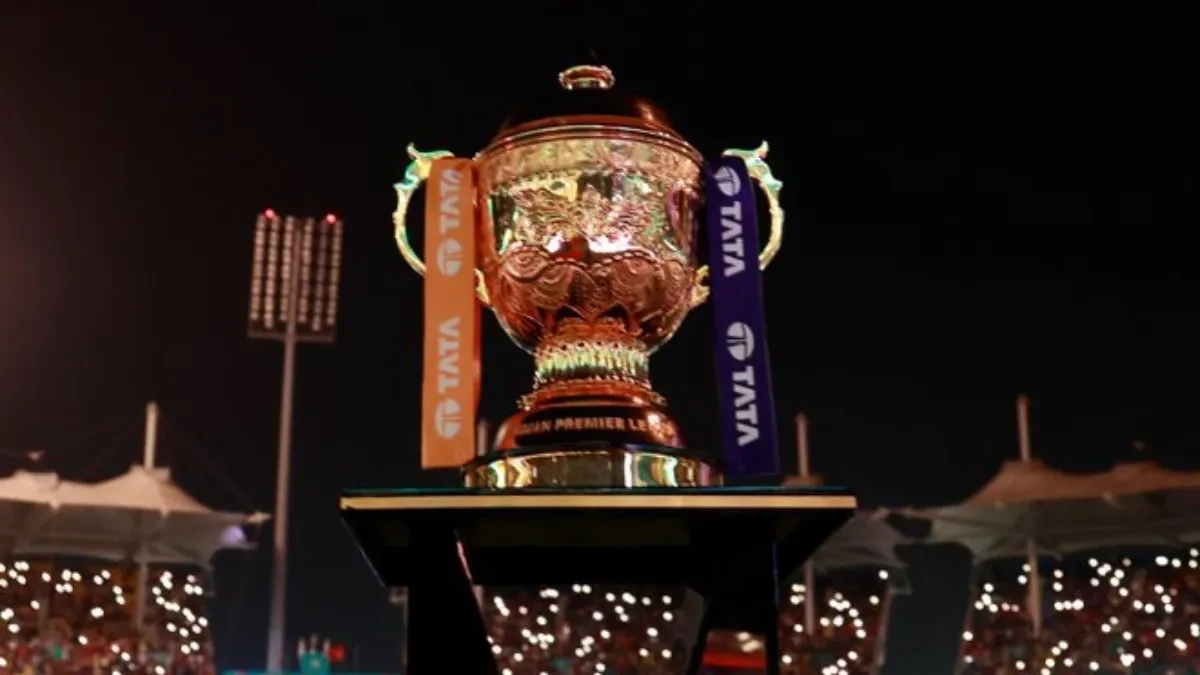The Indian Premier League (IPL), India’s biggest sporting spectacle and a multi-billion-dollar brand, could face immediate financial headwinds following the passage of the Promotion and Regulation of Online Gaming Bill, 2025 in the Lok Sabha on Wednesday (August 20).
The sweeping legislation, which prohibits online money games and their advertisements, has cast a long shadow on the IPL’s revenue ecosystem that thrives on fantasy sports and real-money gaming (RMG) brands.
Fantasy & RMG Brands: IPL’s Biggest Spenders
In IPL 2025 alone, fantasy sports and RMG companies pumped nearly ₹2,000 crore into sponsorships and advertising accounting for a staggering 40% of the total ₹5,000 crore ad spend during the season. From Dream11 to My11Circle and Real Cricket, these platforms dominated TV commercials, OTT ads, digital campaigns, and even jersey sponsorships.
With the new law banning advertising of real-money games across all media including TV, print, OTT, social media, and even influencer promotions this revenue stream could dry up almost overnight.
How Much Money Is at Risk?
Experts estimate that:
- ₹3,000-₹4,500 crore in digital spends (Meta, Google, programmatic ads) will be directly impacted.
- Including TV, print, OTT, and outdoor, the total hit could be between ₹5,000-₹7,000 crore across the media ecosystem.
- At the franchise level, deals will also be shaken Dream11, for instance, is the front-of-shirt sponsor for five IPL franchises (KKR, LSG, PBKS, SRH, GT).
For the BCCI, this comes at a time when media rights are already the league’s biggest cash cow (₹9,678 crore in 2025), but associate sponsorships and team deals also account for a sizeable chunk of IPL’s ecosystem revenues.
The Ripple Effect: Who Gets Hurt First?
Digital Giants
Historically, Meta, Google, and programmatic platforms have been the biggest beneficiaries of fantasy sports ad budgets. These will take the first hit.
Content Creators & Influencers
Mid-tier influencers, team-level content creators, and shoulder content producers, many of whom relied on fantasy brand collaborations, face immediate revenue losses.
Publishers
Sports IPs, OTT platforms, and digital publishers will feel the pinch as RMG ad slots vanish.
Where Will the Money Go Now?
While the ban creates short-term turbulence, experts predict ad money will eventually re-route into other categories:
- Non-RMG gaming (console, eSports, mobile gaming)
- Fintech and e-commerce platforms
- Utility apps and lifestyle brands
- CRM, referral, and loyalty programs for customer engagement
- Sports and lifestyle content, considered “brand-safe” by regulators
Why This Matters for IPL
The IPL’s allure has always been built on the strength of its advertisers and sponsorship ecosystem. With one of its biggest categories now outlawed, the league faces a period of adjustment where ad revenues may dip before new categories rise to fill the gap.
In the short term, franchises and the BCCI could see reduced sponsorship earnings. But in the long term, the shift might encourage more brand-safe, diversified categories to dominate cricket advertising fintech, e-commerce, OTT, and lifestyle sectors leading the charge.
